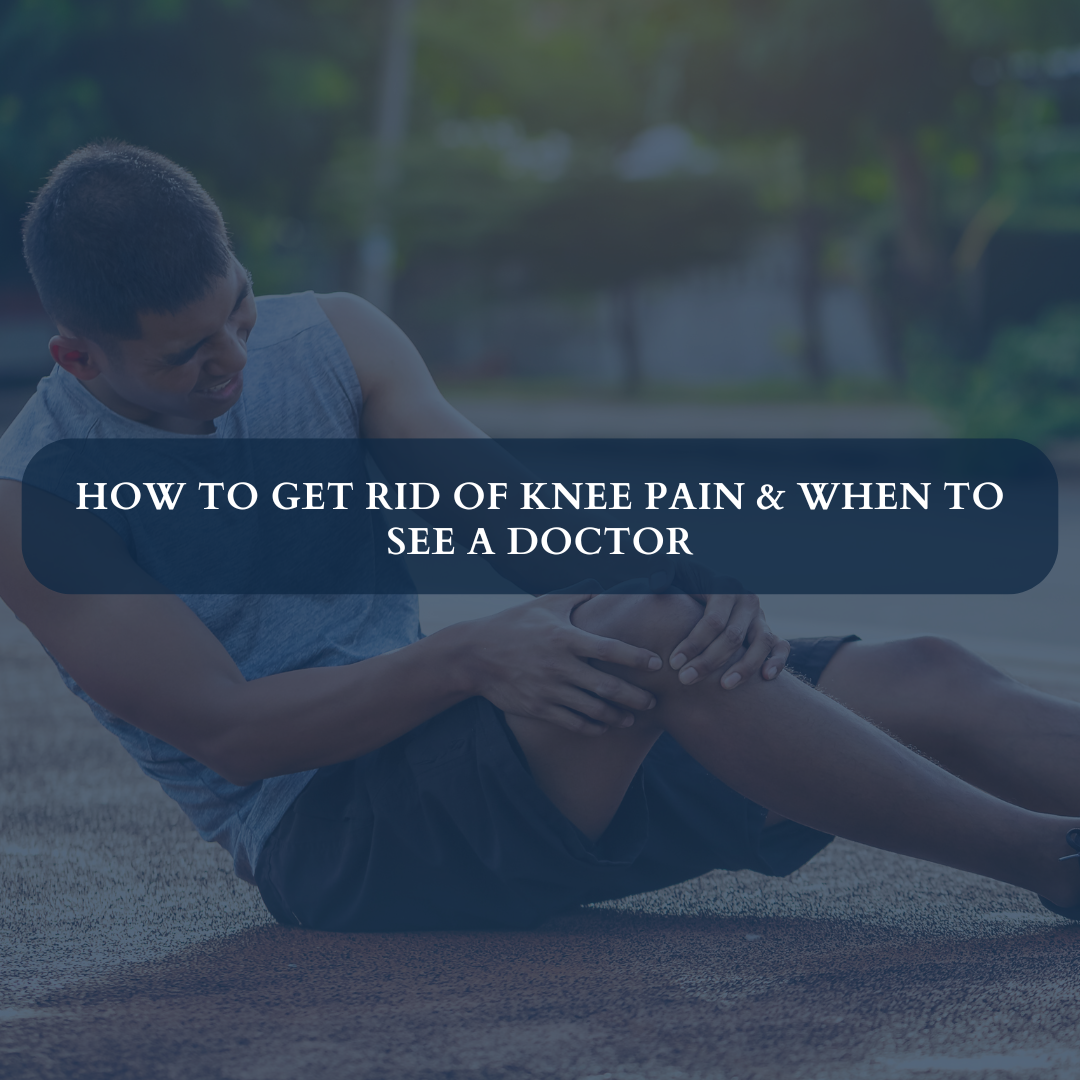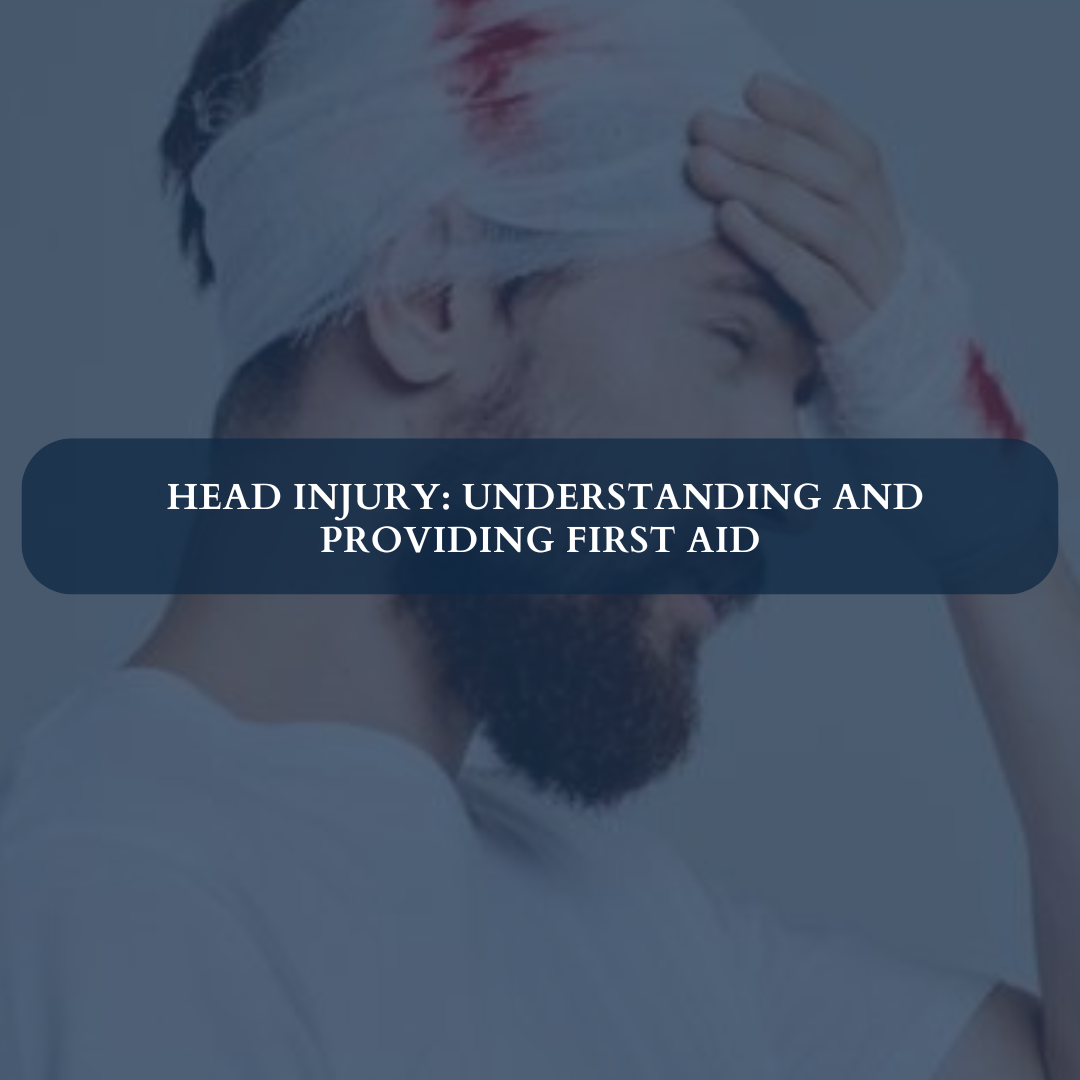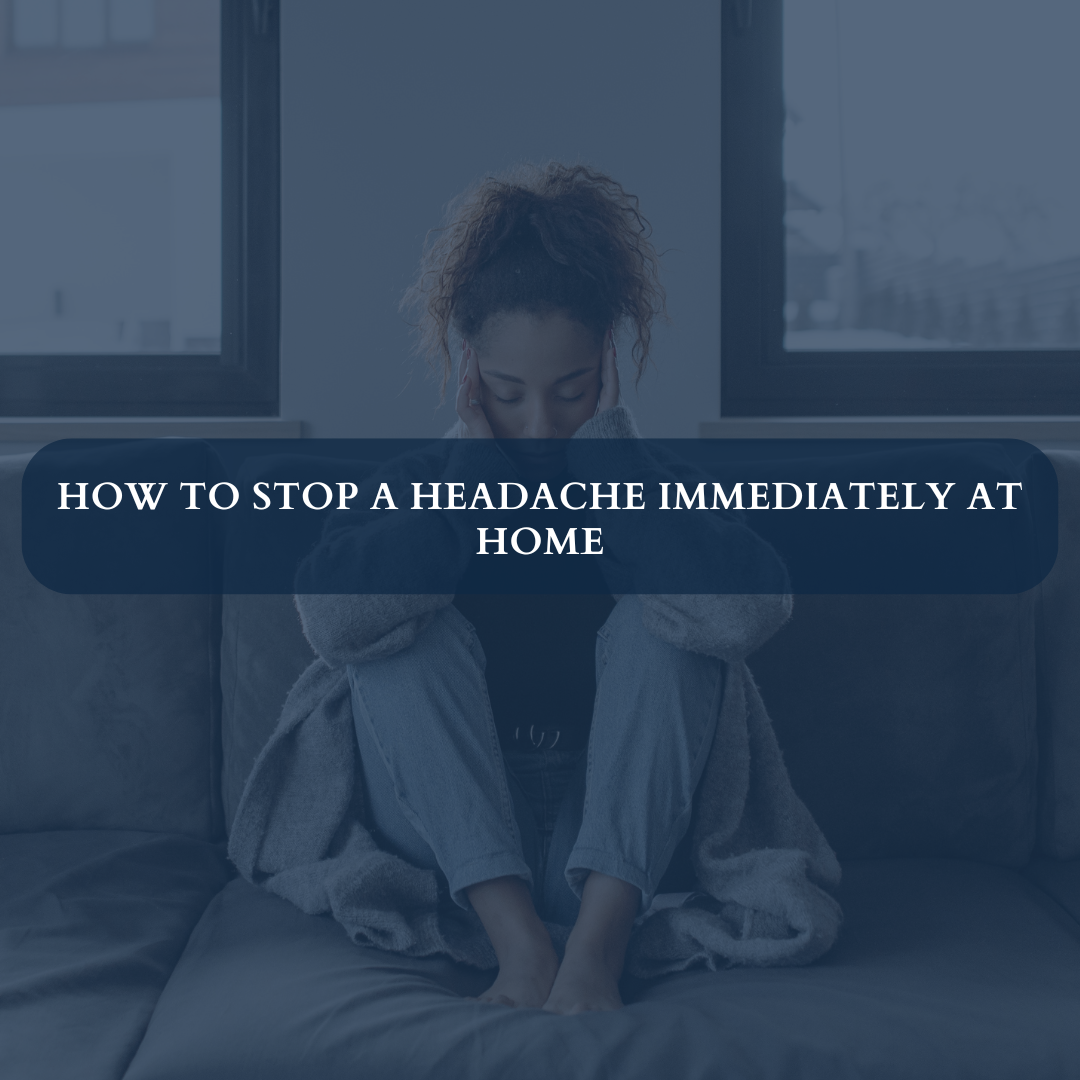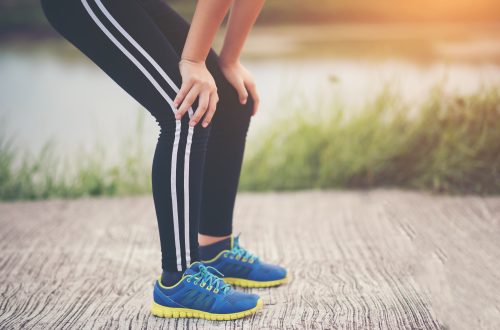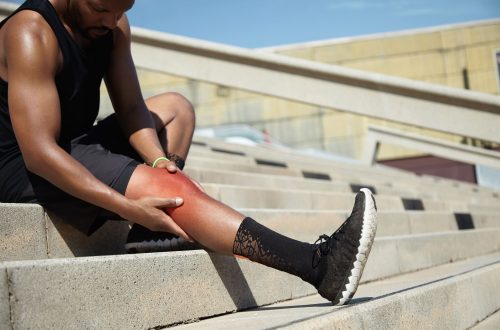Understanding Knee Pain
Knee pain is a common ailment that can affect people of all ages. It can range from mild discomfort to severe pain that hinders daily activities. While many cases can be managed at home, it’s essential to know when to seek professional medical attention.
Common Causes of Knee Pain
- Overuse injuries: Repetitive activities like running, jumping, or kneeling can strain the knee joints.
- Arthritis: Both osteoarthritis and rheumatoid arthritis can cause knee pain and stiffness.
- Meniscus tears: These cartilage tears often occur during sports or accidents.
- Ligament injuries: The ACL, MCL, and PCL are ligaments that can be injured, leading it.
- Bursitis: Inflammation of the fluid-filled sacs around the knee joint.
Home Remedies for Knee Pain
Many people find relief from knee pain with home remedies:
- Rest: Avoid activities that aggravate the pain.
- Ice: Apply ice packs to reduce swelling and inflammation.
- Compression: Use a knee brace or compression wrap to support the joint.
- Elevation: Elevate your leg to reduce swelling.
- Over-the-counter pain relievers: Medications like ibuprofen or acetaminophen can help manage pain.
- Warmth: Applying heat to the knee can help relax muscles.
- Physical therapy: Exercises prescribed by a physical therapist can strengthen the muscles around the knee.
When to See a Doctor
While home remedies can be effective for mild knee pain, it’s crucial to consult a doctor in the following cases:
- Severe pain: If the pain is intense, persistent, or interferes with daily activities.
- Swelling: Significant swelling accompanied by redness or warmth.
- Locking or instability: If your knee locks or gives way.
- Inability to bear weight: Difficulty walking or putting pressure on the knee.
- Numbness or weakness: If you experience numbness or weakness in your leg.
- Fever: If you have a fever along with knee pain.
- Chronic knee pain: If the pain persists for several weeks despite home remedies.
Medical Treatment Options
If home remedies and over-the-counter pain relievers don’t provide relief, your doctor may recommend:
- Corticosteroid injections: To reduce inflammation.
- Viscosupplementation: Injections of hyaluronic acid to lubricate the knee joint.
- Physical therapy: A specialized program to strengthen the muscles and improve knee function.
- Orthotics or braces: To support the knee and correct alignment.
- Surgery: In severe cases, surgery may be necessary to repair damaged cartilage, ligaments, or bones.
Prevention Tips
- Maintain a healthy weight: Excess weight puts added stress on the knees.
- Strengthen core and leg muscles: Strong muscles support the knee joint.
- Proper footwear: Wear shoes that provide adequate support.
- Warm-up before exercise: Gradually increase activity levels.
- Listen to your body: Pay attention to any signs and take breaks when needed.
Also Read
The Importance Of Correct Footwear: A Step Towards Health And Wellness
Conclusion
Knee pain can be a frustrating condition, but with proper care and attention, many people can find relief. Home remedies often work well for mild pain, but it’s essential to seek medical advice if the pain is severe, persistent, or accompanied by other symptoms. By understanding the causes and taking preventive measures, you can reduce your risk of developing this condition.
Ready to explore your options for chiropractic and physiotherapy? Contact SwastyaPhysio today to schedule a consultation and discover the best path to your wellness journey. We’re here to support your health every step of the way.
Banaswadi | HBR layout | Kalyan Nagar | Kammanahalli | Horamavu | Hennur

